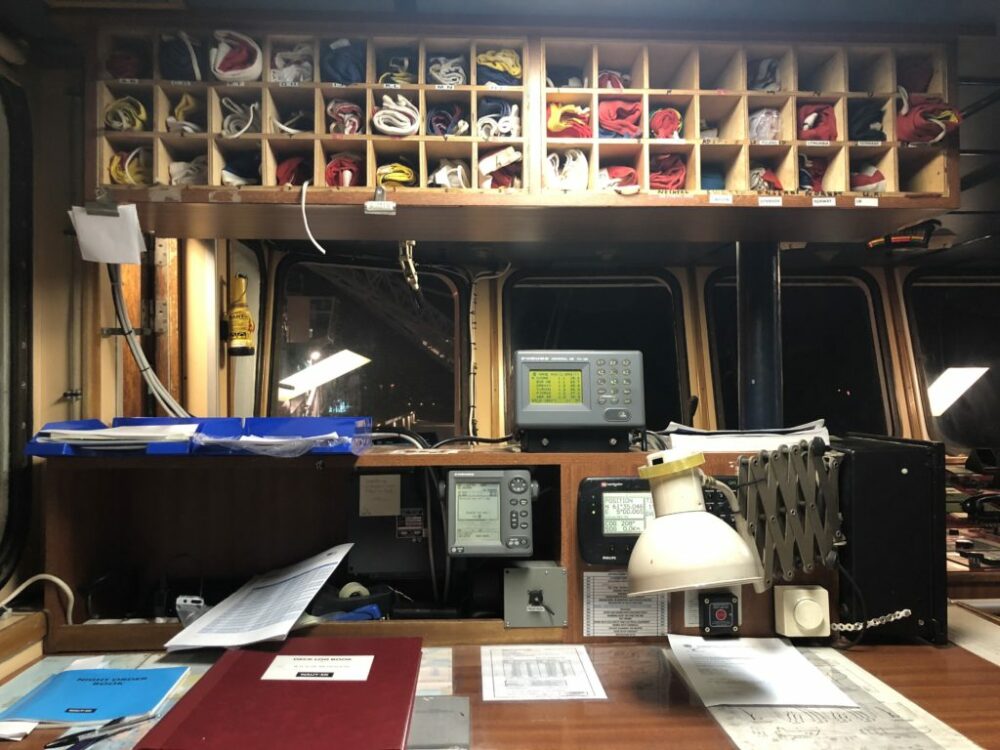Author: Dmitry
-
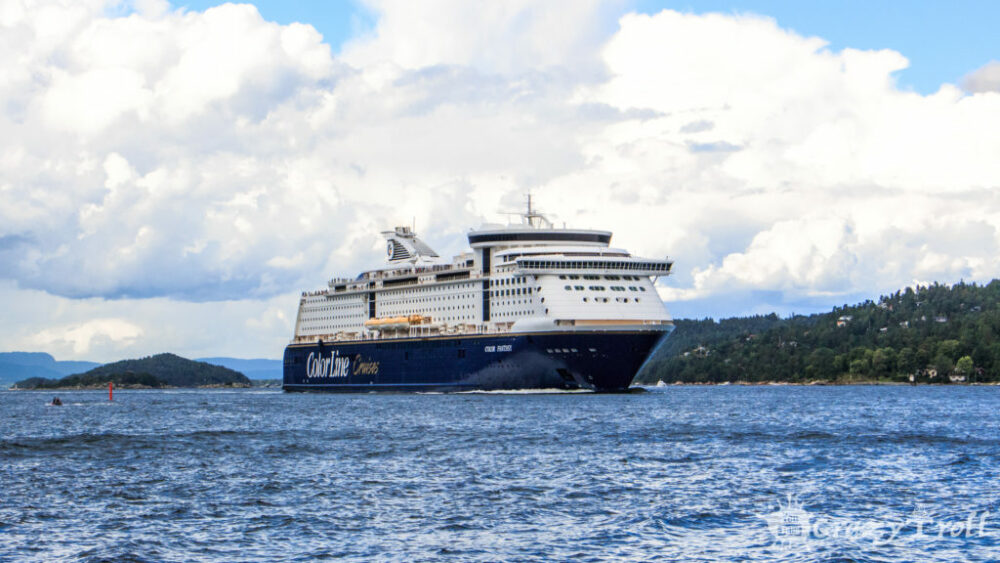
What is MV, MT, SS, FV Ship Prefix Meaning?
Ship prefixes help identify the type, propulsion method, or purpose of a ship. Historically, these abbreviations played a key role in communication, especially during the telegraph era. Today, they remain […]
-
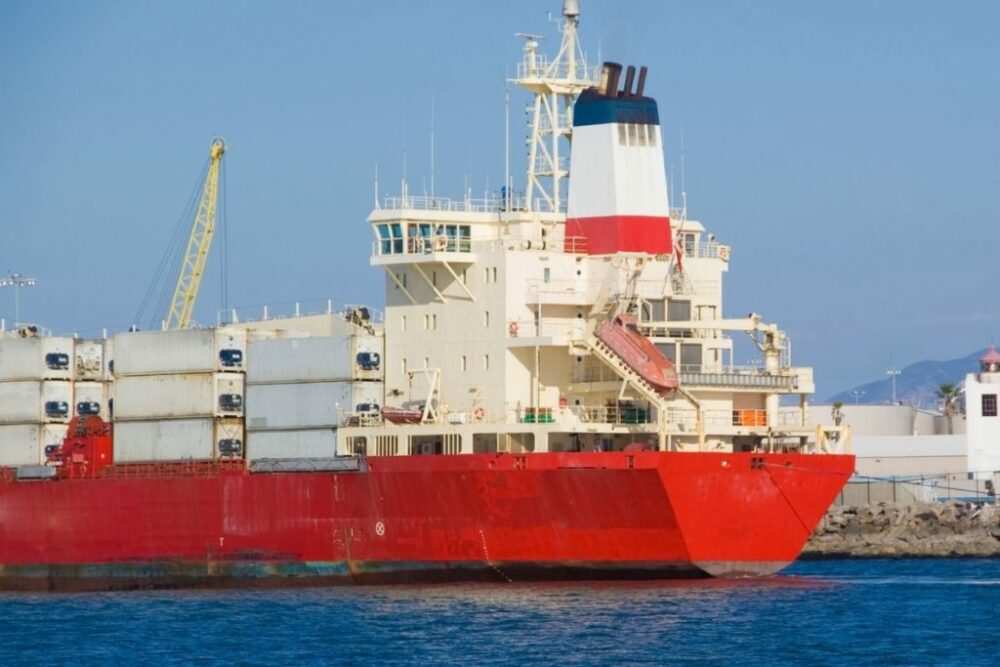
What Is The Stern Of A Ship And Where Is It?
Explore the stern of a ship: the crucial aft that influences navigation, aesthetics, and functionality, pivotal for maritime expertise.
-
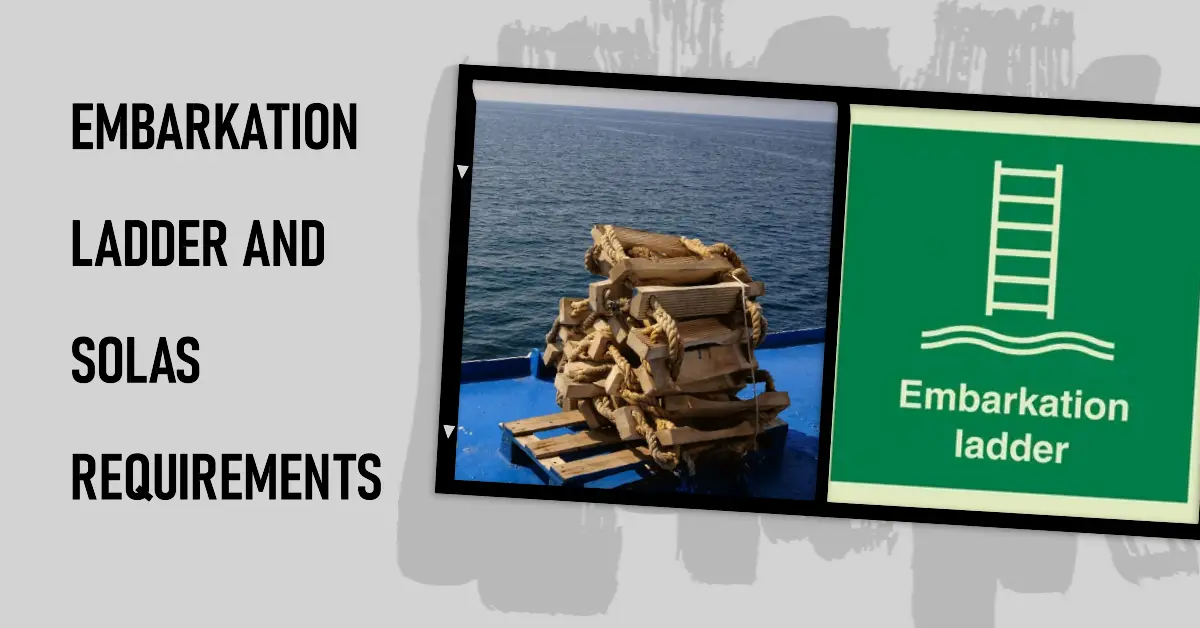
What Is The Embarkation Ladder on Ships?
Discover the purpose, regulations, and importance of embarkation ladders on ships. Learn about SOLAS requirements and proper sign display.
-
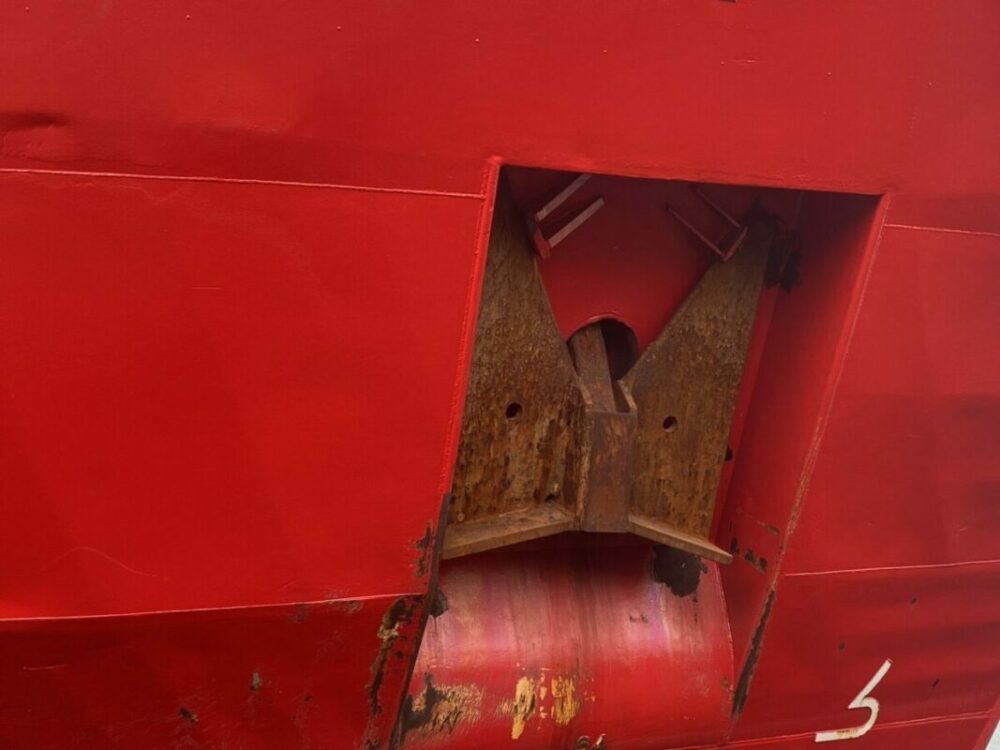
How Long Is A Ship Anchor Chain?
The ship’s anchor is important deck equipment used in anchorage or to secure the ship whilst at the port. The bitter end of the chain is connected to the chain […]
-
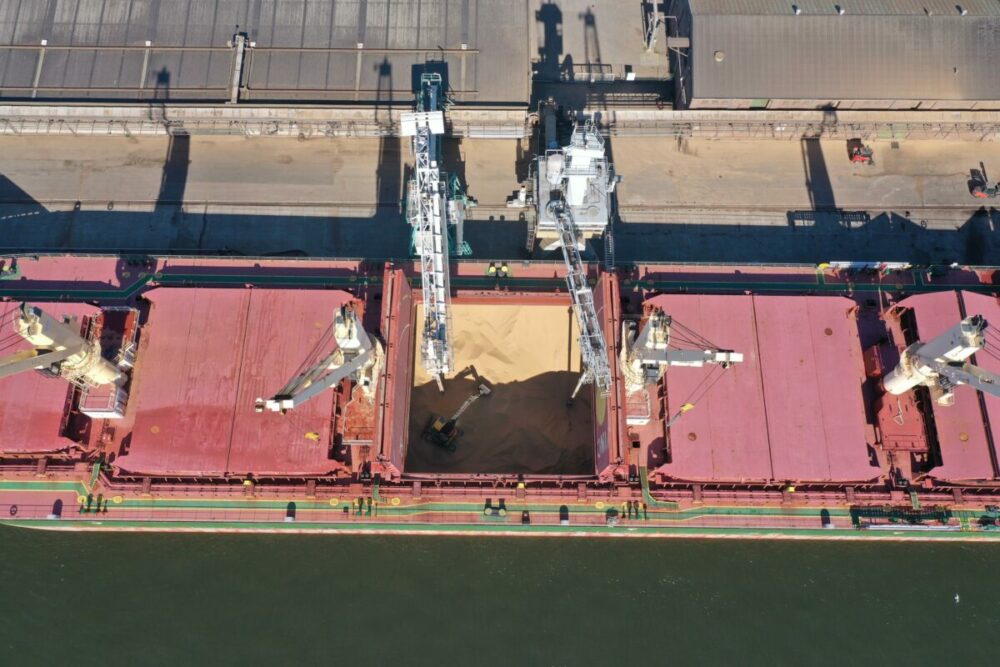
Cargo Hold Ventilation on Ships
The need to provide an efficient cargo hold ventilation system on ships to ensure the quality of transported items is critical. Such a system is required to minimize the formation […]
-
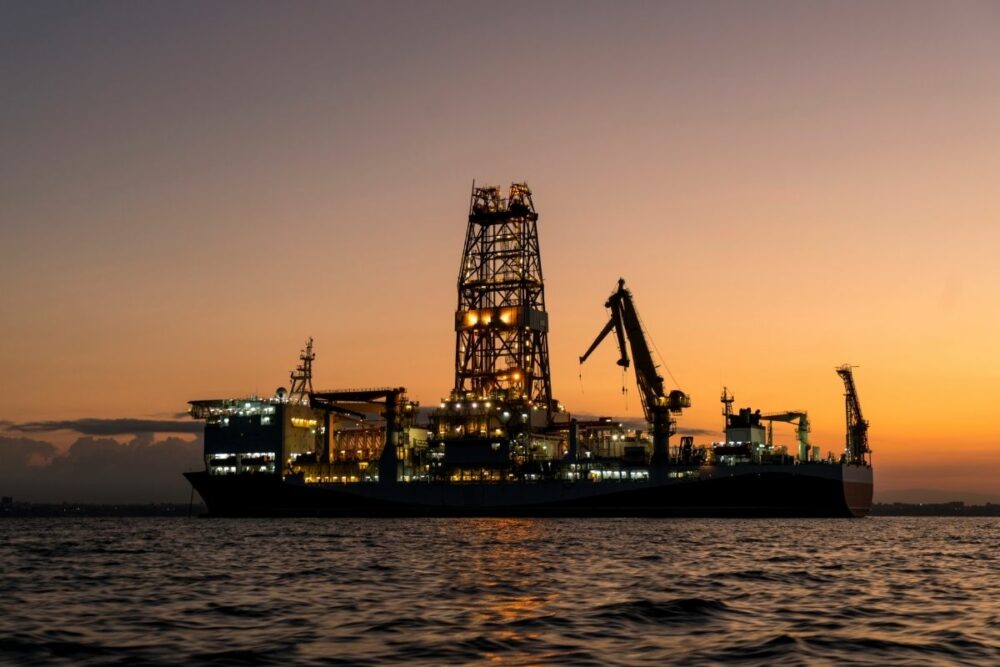
10 Largest Oil Tanker Companies in the World in 2024
Although there has been a boom in the industry of renewable energy companies, the global market is still massively dependent on using and consuming oil. Across the world and as […]
-
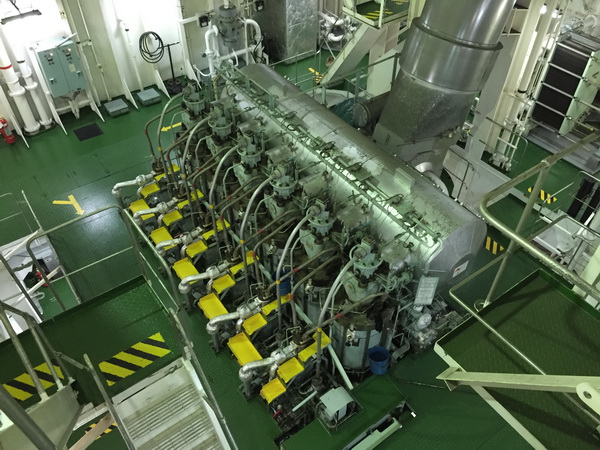
What Are The Kinds Of Engines And Their Support?
Ever wonder how the ship maintains its desired speed and course to meet both the charterer’s and the owner’s timetable? Each ship is composed of the main propulsion engine and […]
-
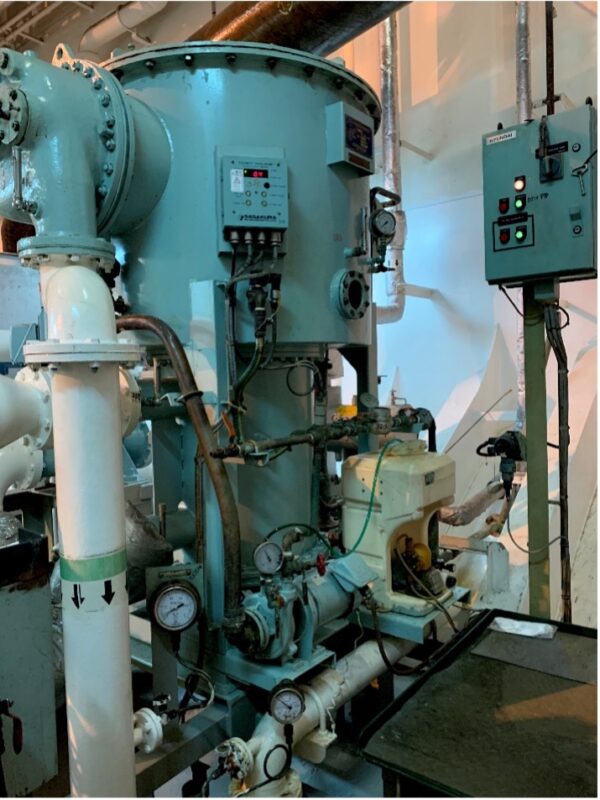
Fresh Water Generator on Ship: Seawater Desalination Process
Freshwater generators are the kind of equipment installed onboard, that produces distilled water mainly for the ship’s consumption, whether it is for the main and auxiliary engines or for the […]
-
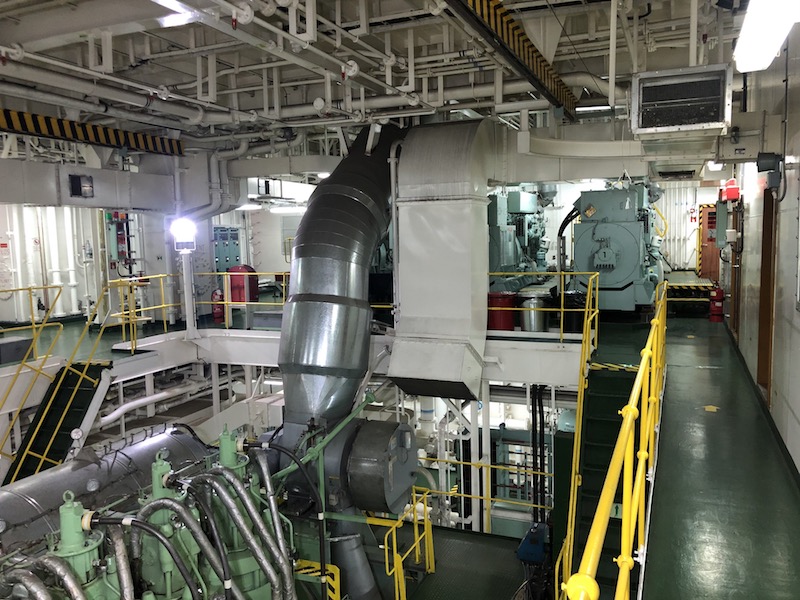
What Is Boiler Water Treatment? Boiler Critical Maintainance
Boiler water treatment is the process of treating/conditioning the water so that the boilers onboard will be protected from scale formation and corrosion. Well-maintained boilers are protected from corrosion and […]

